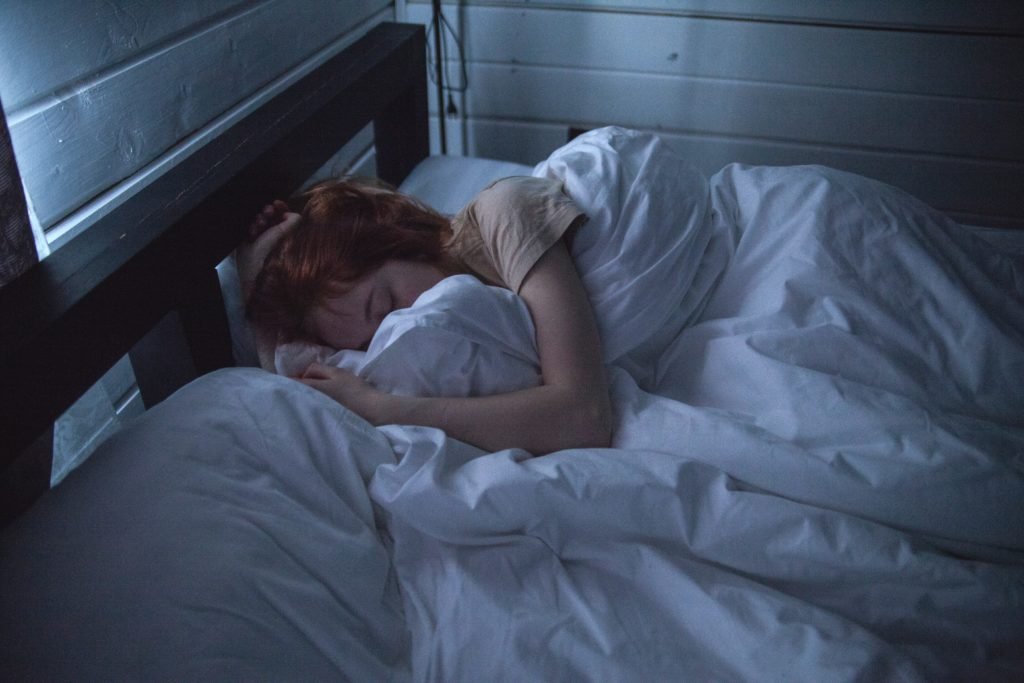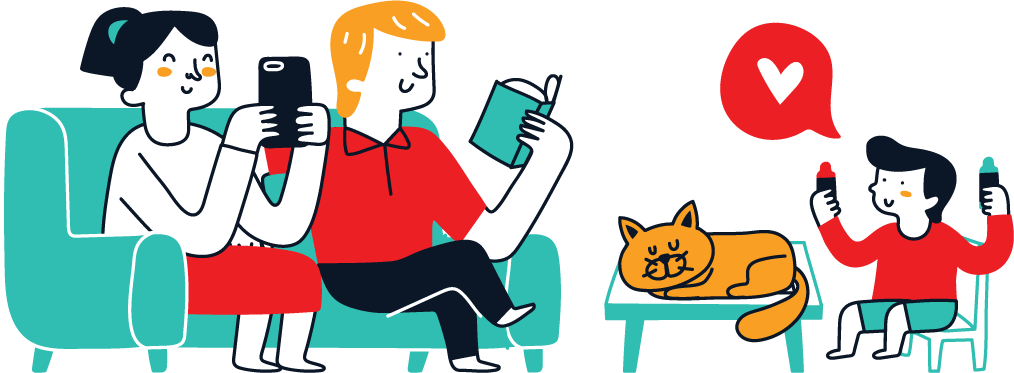
Sleep issues are reported by around 25%–50% of people with ADHD, and adults that do not obtain sufficient sleep are more likely to have ADHD symptoms. Sleep difficulties in these people have been linked to concomitant main sleep issues and/or changes in the
medicines they take to treat ADHD. Sleep disruptions that cause insufficient sleep or segmentation in an afflicted individual can cause considerable daytime weariness and
affect mood, concentration, behaviour, and physical wellbeing, all of which are important for education productivity and good quality of life. Even though sleep disturbances are widespread in individuals with ADHD, concomitant sleep disorders are frequently neglected and addressed in this group.
https://www.webmd.com/add-adhd/adult-adhd-and-sleep-problems
The relationship between sleep difficulties and attention deficit hyperactivity
disorder (ADHD).
The order to ensure the quality of sleep issues, for example, is used to diagnose sleep problems using rigorous subjective and/or objective criteria. Specific sleep abnormalities have been linked to ADHD or ADHD-like symptoms, and screening for sleep issues and
disorders has been suggested as part of the original diagnostic and ongoing treatment of Adults with ADHD.
Insufficient sleep-in kids have been related to neurocognitive, neuropsychiatric, and functional aspects that are similar to those seen in ADHD. Experimental lack of sleep has been demonstrated to alter neurobehavioral performance in typically developing children, as well as attention and greater cognitive function. Despite the widespread belief that ‘counterintuitive’ hyperactivity exists, no experimental investigation has yet shown that sleep deprivation causes hyperactivity, impulsivity, or externalising behaviours in children.
Daytime drowsiness has a cognitive reaction. Short sleep duration, on the other hand, has been associated with ADHD-like symptoms and behaviours as measured by families and teachers in recent epidemiological studies in children with typical development.
https://www.ncbi.nlm.nih.gov/pmc/articles/PMC4340974/
What’s the Biology Behind the ADHD-Sleep Connection?
Sleep disturbances in ADHD may be a consequence of inadequate awakening, vigilance, and control neural pathways. Sleep disturbances in ADHD may be a consequence of inadequate awakening, vigilance, and control neural pathways. Other research shows
that ADHD sleep symptoms are caused by a delayed circadian rhythm, which leads in a later beginning of dopamine production.Regardless of the fact that certain sleep problems and Behavior problems are similar, study has refused to spot regular sleeping
irregularities in ADHD patients. The soothing effects of stimulant medications, which are widely recommended for ADHD, help people sleep much better. Psychoactive
drug medicines, on the other hand, can cause a variety of sleep problems in their own sense for many individuals. Sleep problems are likely to further increase by underlying symptoms such as depression, sadness, or alcoholism, as well as poor sleep quality.
https://www.sleepfoundation.org/mental-health/adhd-andsleep#:~:text=their%20families4.-
,What’s%20the%20Connection%20Between%20ADHD%20and%20Sleep%3F,ADHD%2C%20especially%20those%20with%20insomnia.
Common sleep disorders
Sleep problems are common that make it difficult to get a good night’s amount of sleep. The average human need 7 to 9 hours of sleep
per night. Depending on their age group, infants and older kids may require 8 to 14 hours of sleep a night. Among people with ADHD, the following sleep difficulties are common:
restless legs disease.
Insomnia
Insomnia is a common symptom in which falling asleep, staying asleep, or both is difficult. Insomniacs don’t normally feel rested when they wake up. It may be difficult for them to function normally during the day as a result of this.
Insomnia can harm:
the overall quality of life mood energy state. It becomes more frequent as people grow older, as their sleeping habits and general health alter.
Sleep problems treatment
It’s critical to have a good treatment strategy for sleep difficulties in individuals with ADHD. This frequently entails counselling or medication treatments that aid in the restoration of regular sleep patterns. Some typical examples therapeutic procedures are as follows:
Cognitive behavioural therapy
It can teach you how to control or remove stress and worries that hold you awake at night.
Before going to sleep, try relaxation exercises like meditation and deep breathing exercises to calm you down.
Light therapy
It can enable you adjust your internal clock so that you try to sleep at a more reasonable hour. sensory management, which can advise
you how to make the most use of your time. sensory control, which can instruct you how to minimize the time you spend in mattress
without deep sleep so that your bed gets synonymous with slumber. Insufficient sleep is when you restrict the amount of time needed onyour bedding active or sleeping.
Individuals with sleep disruption can benefit from a couple medical treatments. Although sleep medicine may not be suitable for persons
with ADHD, you can consult a doctor about using supplements14 or adjusting your drug schedule to make it more conducive to sleep.
Some persons with ADHD find that taking their prescription about an hour before having to wake up helps them remain alert.
https://www.additudemag.com/adhd-sleep-disturbances-symptoms/



